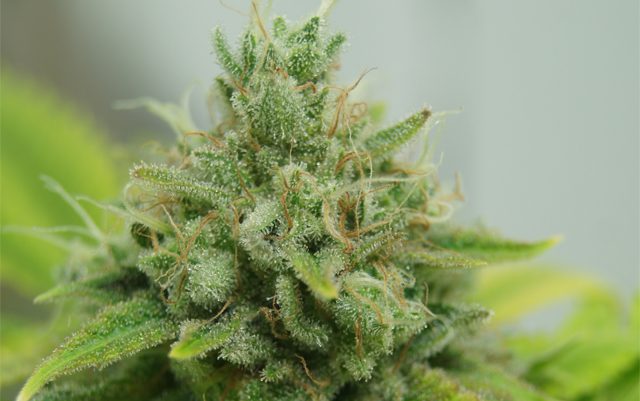The voter-approved Arkansas Medical Marijuana Amendment created a Medical Marijuana Commission that would be overseeing a large portion of the new medical cannabis industry – including drafting rules and regulations surrounding the licensing of cultivation facilities and dispensaries within the state.
After feedback from the public, a final draft of the rules has been released and must be approved by legislature and in place before May 8th or the state will not be compliant with their own constitution.
“We’ve taken everything into account and I think we’ve listened to the people of the State of Arkansas and hopefully we’ve made the right decisions as it relates to the rules and regulations and we started out with a very good piece of legislation to drive from,” said commission Chairwoman, Dr. Ronda Henry-Tillman, M.D.
Originally the Medical Marijuana Commission had suggested using a lottery system to choose dispensary licensees from the applicants, but after responding to public comment they decided to work on a merit system similar to the one they will be using to award cultivation licenses.
They also set fees that would ensure that dispensaries have enough funding – requiring a $15,000 one time licensing fee, and an annual fee of $22,500 in order to renew the license. They will also be required to prove that they have $200,000 in security bond, with a minimum of $100,000 in liquid assets in order to be considered at all.
In addition to licensing, they also set limits for how many cannabis plants can be grown at dispensaries, which had originally been limited only to 50 “mature” plants. Now they have put a limit of 50 mature (defined as flowering) medical marijuana plants, and 150 immature plants.
The idea behind this is that dispensaries are not meant to be large cultivation facilities, so restricting the amount of cannabis they can grow at a time was the only way to ensure these grows stayed small-scale.
“We wanted to make sure that dispensaries are not also serving as cultivation facilities. To put it another way, we want separation between those two types of business enterprises,” Dan Greenberg, chairman of the five-member Alcoholic Beverage Control Board, said in an interview.
The state will be licensing 32 dispensaries and 5 cultivation facilities throughout the state. Businesses should be able to apply for licenses by July 1st and, if all goes well, the first medical cannabis products will be sold to patients before the end of this year.






